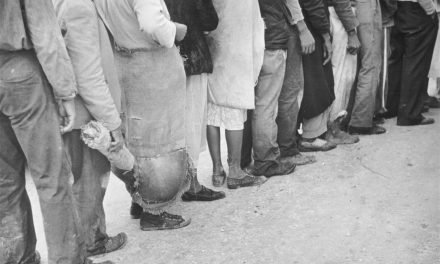A new blog of interest to our readers:
They begin with an “invitation to conversation”:
As the header says, our aim here is faith seeking understanding in everyday life. We hope to examine questions and issues that pertain to the role of theology in the daily life of the Body of Christ. Our topics might range from pop culture to politics, liturgy to dialogue, economics to ecclesiology. No matter the focus, our goal will always be to contribute in a meaningful way to the broader conversation in the contemporary Catholic and Christian context.
In a special way, we hope this conversation will involve not only those who work in ministry and academia, but all of the baptized; indeed, any who are interested are encouraged to join.
The beginning posts have all been creative, engaging and draw the reader into faith seeking understanding. Amanda Osheim (Loras College) raises the question: “what provides holy order in my life?”
Jim Keenan, S.J. describes mercy as “the willingness to enter into the chaos of others so as to answer them in their need,” a divine quality made manifest ultimately in Christ (Moral Wisdom 118). The correlative call for Christ’s disciples is to enter into others’ chaos as well. And yet, maturing in that discipleship requires that I also continually accept and admit my own chaos and abandon the illusion that efficiency, to do lists, and alarm clocks remove my own need for mercy.
Holy order, then, seems to be tied to sacramentality, a prayerful attempt to notice and give thanks for God’s merciful presence. The church’s tradition is alive with various forms of the sacramental imagination, concrete ways of encountering the world with eyes to see and ears to hear the mediation of God’s mercy. Here and now, though, I’m beginning to think about sacramentality in light of another holy order, the divine command from Psalm 46: “Be still and know that I am God.”
On one hand, stillness itself it not an easy task, particularly in a culture that commands us to be anything except still. My own first response to quietude is nervousness, the second is guilt, and the third is distraction by shiny things. On the other hand, I think this holy order is more than a mere suggestion, but is rather a key to creating another type of holy order, a life that personally and communally images God.
A wonderful collection of young systematic and comparative theologians reflect about order, sanctity, celebrity, and so on. With its focus on applying theology to everyday life – I highly recommend taking a look.




